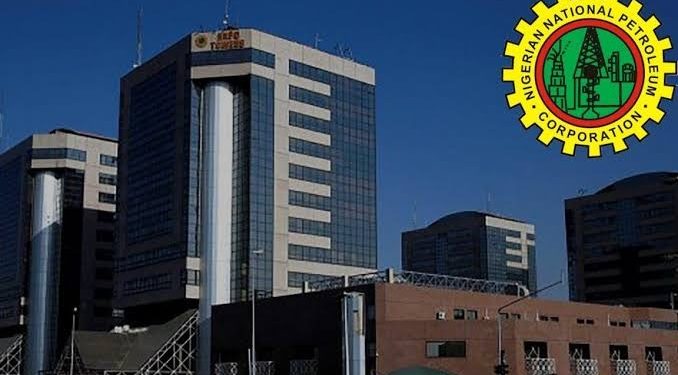By Chioma Iruke
Nigerian National Petroleum Corporation (NNPC) on Wednesday revealed that it is currently engaging critical stakeholders in the industry to find lasting solutions to the country’s road network challenges and other lingering issues.
It would be recalled that following NNPC’s intervention over the weekend, the Petroleum Tanker Drivers (PTD) arm of the Nigeria Union of Petroleum & Natural Gas Workers (NUPENG) called off a planned strike action, agreeing instead to accept the dialogue option proposed by the Corporation, a development that has sustained smooth supply and distribution of petroleum products nationwide.
In a statement by Garba Deen Muhammad, Group General Manager, Group Public Affairs Division, the Group Managing Director of the NNPC, Mallam Mele Kyari, took a decisive step towards the actualization of his promise by hosting a major stakeholders’ meeting at the NNPC Towers.
The meeting was attended by the NNPC, PTD, the National Association of Road Transport Owners (NARTO), Department of Petroleum Resources (DPR), Federal Ministry of Works, Federal Inland Revenue Service (FIRS), Department of State Services (DSS), Federal Road Safety Corps (FRSC) and NUPENG.
During the meeting, the NNPC CEO said stakeholders have agreed on a framework for NNPC’s intervention in critical road rehabilitation through the Federal Government Tax Credit Scheme.
“We are committed to utilising the Federal Government’s Tax Credit Scheme to rebuild some of the affected roads in line with Mr. President’s Executive Order 7. Upon our fruitful deliberations today, the NNPC has pledged to support the PTD and NARTO in carrying out quick intervention fixes on some strategic bad spots identified to enable unhindered movement of trucks for transportation of petroleum products nationwide,” Mallam Kyari stated.
According to the statement, Stakeholders also agreed to enforce mandatory installation of safety valves in all petroleum product trucks in the country, effective February 1, 2022 with full commitment given by NARTO.
It added that stakeholders also frowned at the abuse of axle load or tonnage limits, with the NNPC agreeing to engage the Nigerian Customs Service for enforcement of preventing the importation of tanks that exceed 45,000 litres capacity.




































